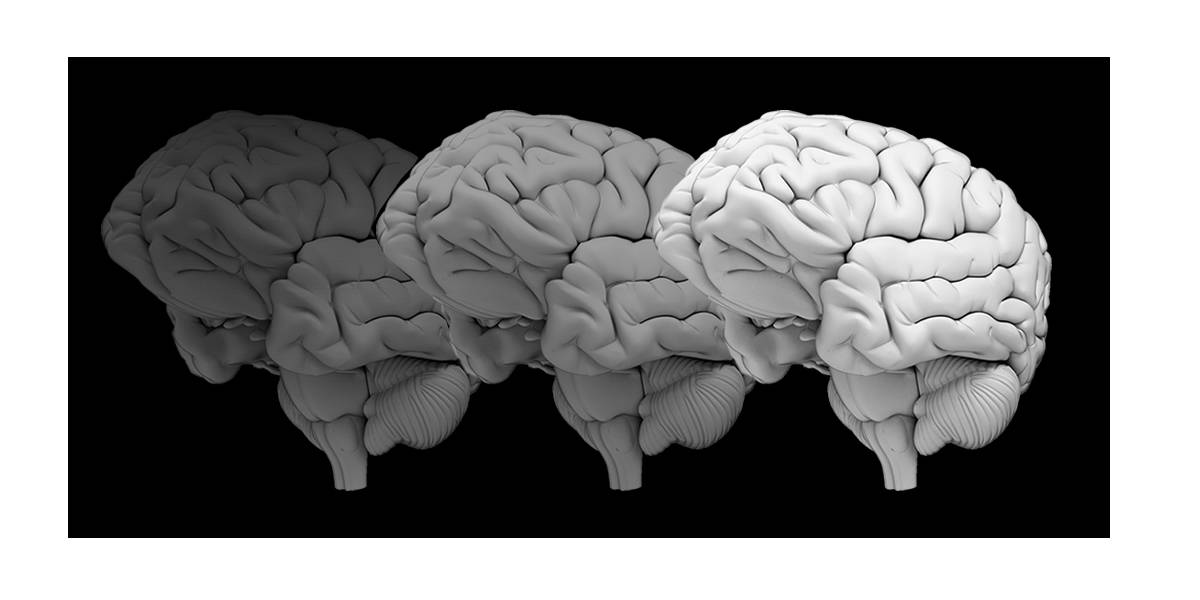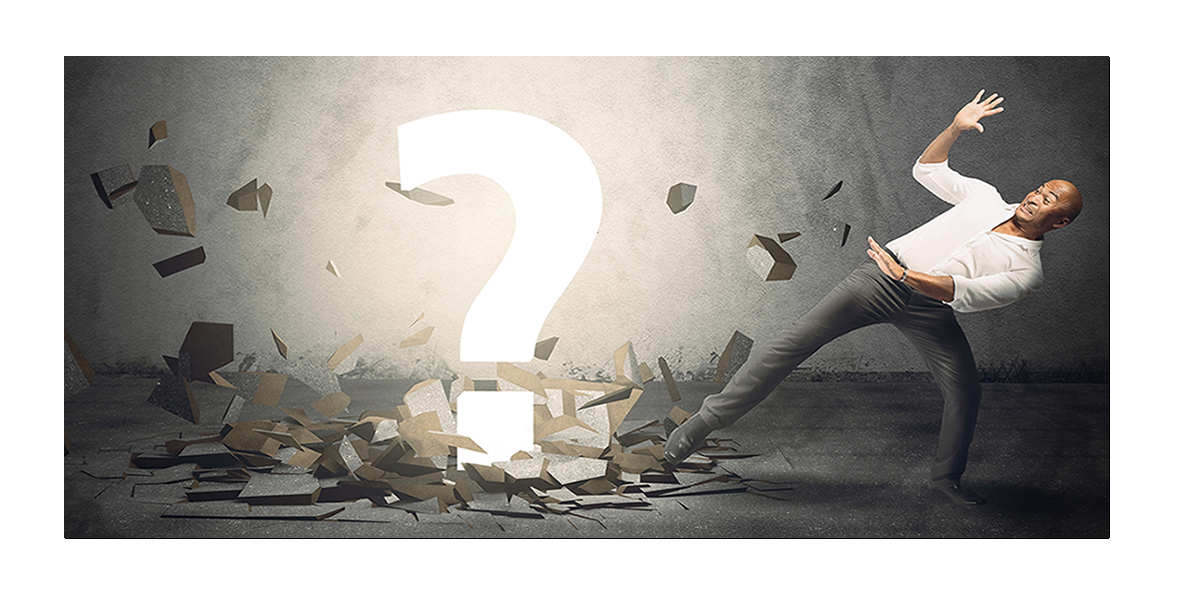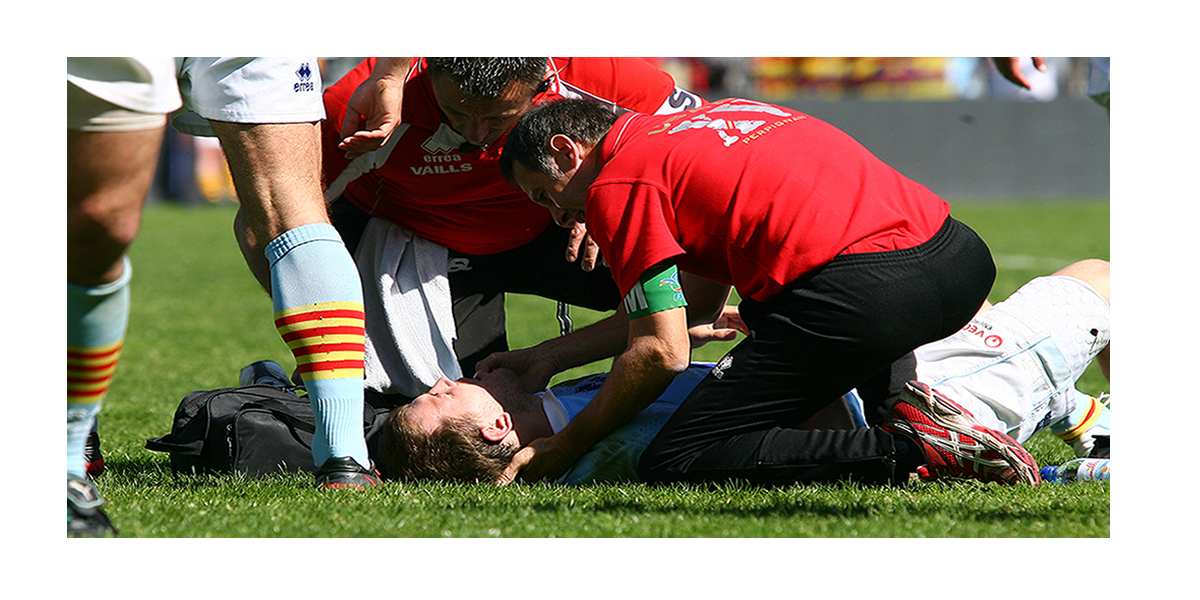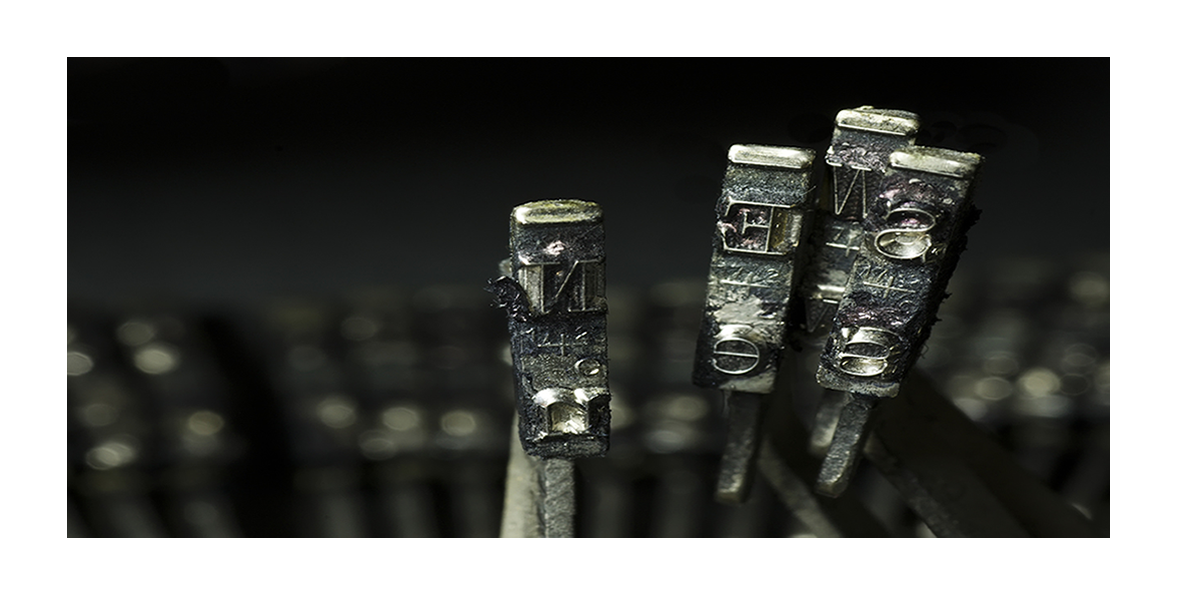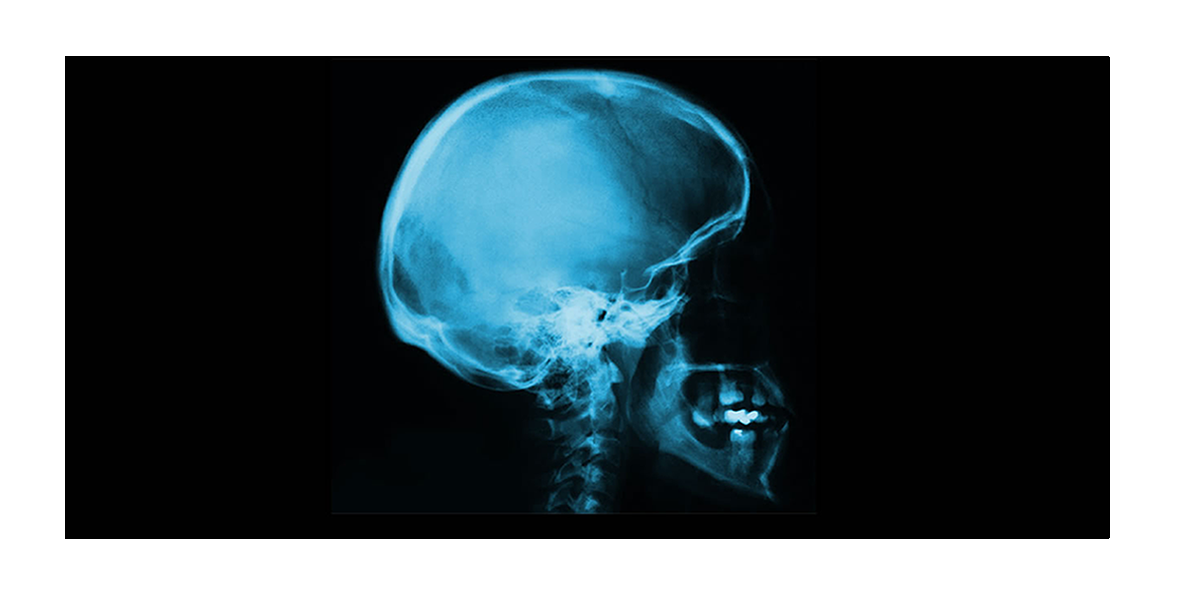| Pacioretty gives back to hospital that helped him CTV News
After suffering an on-ice concussion when he was shoved into a stanchion last March, Montreal Canadiens forward Max Pacioretty is making sure he gives back to the people and the place that helped him get healthy enough to jump back into pro hockey. At a news conference in Montreal on Monday afternoon, Pacioretty announced the launch of the Pacioretty Foundation for brain trauma treatment and research. Its aim is to raise money for a new Magnetic Resonance Imaging (MRI) machine for the Traumatic Brain Injury Centre at the Montreal General Hospital -- the facility where he was treated after suffering a vicious on-ice hit last season. "Concussions are a big topic right now," Pacioretty said at the news conference. "We want to be leading research and development in the world, so people can find out answers to these brain problems and we can be the ones who raise awareness." Pacioretty said he will be working with the community to raise money for the MRI machine. "Personally I plan on contributing as much as I can," he said. "But the main focus for me is raising awareness and encouraging others to help out as well." The machine, which is outfitted with optimized MRI coils, also has 128-channel sensor electronics and a brain-volume encoder for ultra high-resolution imaging of brain structure, connectivity and function. Dr. Vassili Papadopoulos, director of the hospital's Traumatic Brain Injury Centre, said that the MRI technology allows for the highest level of image quality to diagnose the most challenging cases quickly. Montreal Canadiens physician, Dr. David Mulder, said at the news conference that the foundation will allow world-class research which will clarify many of the issues surrounding concussions. "It will add to information in terms of treatment, follow-up, return to play and long-term results," he said. Eight months ago, it was unclear when Pacioretty was going to be lacing up his skates for the Habs. During a game against the Boston Bruins on March 8, 2011, an opposing player shoved Pacioretty into a stanchion. Pacioretty ended up suffering a concussion and a broken vertebra in his neck, meaning he had to sit out the playoffs. Zdeno Chara, the Boston defenceman who was responsible for the hit, was given a game misconduct. He was also put under major scrutiny from fans, hockey commentators and even the police. Montreal police wrapped up their probe into the incident in August, but it is still not clear if Chara will ever be charged by Quebec prosecutors. While Pacioretty later said he was "disgusted" with the National Hockey League's failure to suspend Chara, he indicated he also did not want to see his opponent charged. At the end of June, Pacioretty told his Twitter followers that he simply wanted to move on from everything that happened in March. "I have moved on from my incident and I hope everyone else can do the same," he said. The 22-year-old Pacioretty signed a two-year contract extension with Montreal over the summer. General Manager Pierre Gauthier said he believed Pacioretty would fully recover and be able to "help our team and make a name for himself in the NHL." Through the 13 games he has played in this season, Pacioretty has five goals and five assists for Montreal. The goal of the foundation is to raise upwards of $3.5 million to purchase and install the MRI machine. |
What is Brain Injury?
Brain injury can be a devastating disability, and given the brain’s complexity and the differences in the types, locations, and extent of damage, the effects of a brain injury can be wide and varied. Some occur immediately, and some may take days or even years to appear.
© Brain Injury Center 2015
Contact Us
The Human Brain
The human brain in an incredible thing! It’s one of the most complex and least understood parts of the human body, but science is making new advances every day that tell us more about the brain.
The average human brain is 5.5 inches wide and 3.6 inches high. When we’re born, our brains weigh about 2 pounds, while the adult brain weighs about 3 pounds.
The brain accounts for about 2% of your total body weight, but it uses 20% of your body’s energy!
It sends out more electrical impulses in one day than all the telephones in the world, and it’s estimated that the brain thinks about 70,000 thoughts in a 24-hour period.
Warning: Graphic photo
© 2008-2015 Brain Injury Centre

